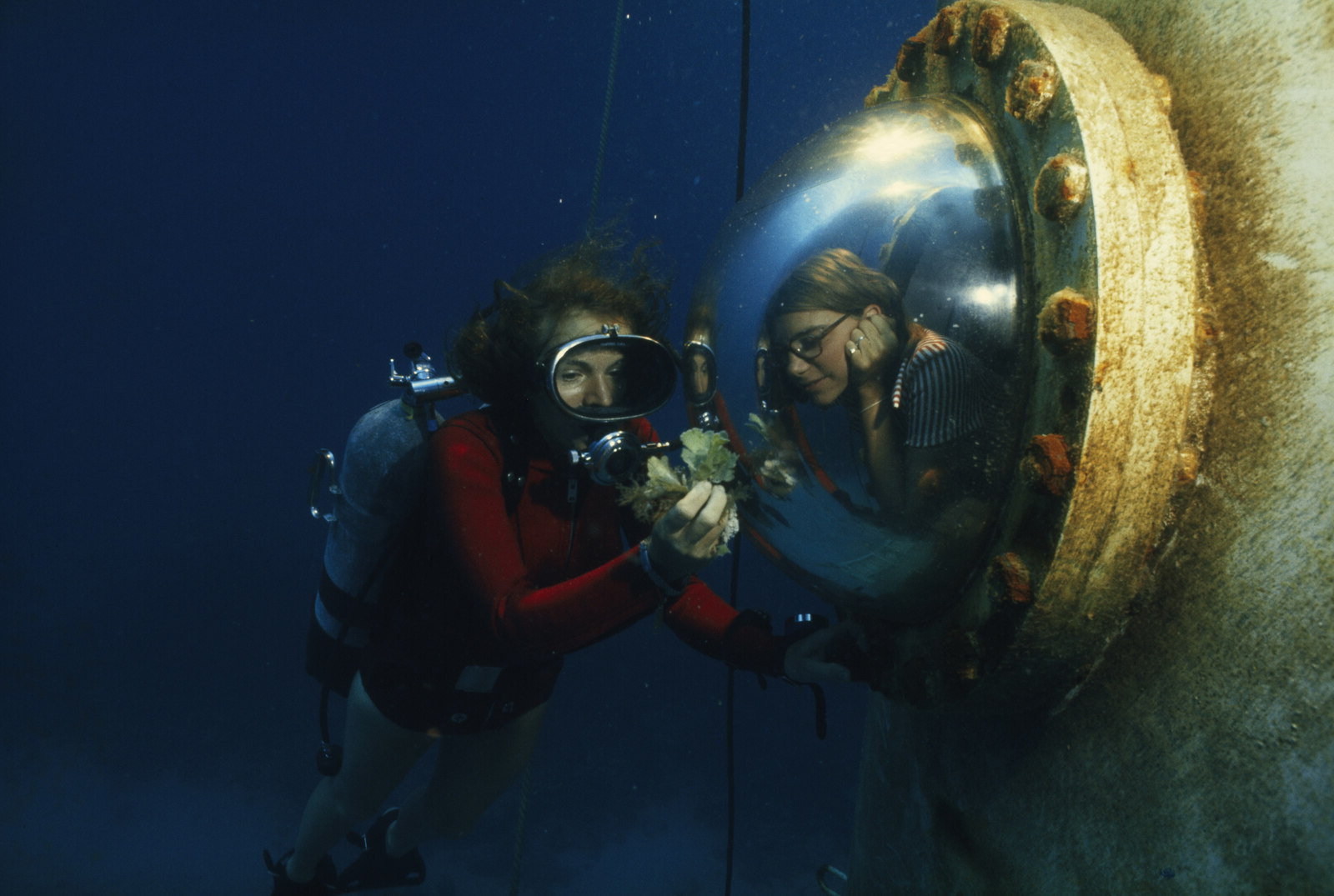
Ever wondered who mapped the ocean floors or discovered the mysterious deep-sea creatures? Oceanographers have been exploring the vast, uncharted waters for centuries, revealing secrets hidden beneath the waves. These scientists study everything from marine life to underwater geology, helping us understand our planet better. Famous oceanographers like Jacques Cousteau and Sylvia Earle have made groundbreaking contributions that changed how we see the ocean. Their work not only advances science but also raises awareness about marine conservation. Let's dive into 15 fascinating facts about these trailblazers and their incredible journeys beneath the sea. Get ready to be amazed by their discoveries and the impact they've had on our world!
Pioneers in Oceanography
Oceanography has a rich history filled with incredible individuals who have expanded our understanding of the seas. Let's dive into some fascinating facts about these famous oceanographers.
-
Matthew Fontaine Maury is often called the "Father of Modern Oceanography." He published the first extensive book on oceanography, "The Physical Geography of the Sea," in 1855.
-
Jacques Cousteau co-invented the Aqua-Lung, which revolutionized underwater exploration. His documentaries brought the ocean's wonders to millions.
-
Sylvia Earle set a record for the deepest untethered dive in 1979. She has spent over 7,000 hours underwater and is a tireless advocate for ocean conservation.
Contributions to Marine Biology
Many oceanographers have made significant contributions to marine biology, studying the life forms that inhabit our oceans.
-
Rachel Carson wrote "The Sea Around Us," which won the National Book Award in 1952. Her work raised public awareness about the ocean's ecological importance.
-
Hans Hass was a pioneer in underwater photography and filming. His work helped to document marine life in its natural habitat.
-
Alister Hardy developed the Continuous Plankton Recorder, a tool still used today to monitor plankton populations and ocean health.
Technological Innovations
Oceanographers have also been at the forefront of technological advancements, creating tools and methods to explore the depths.
-
Robert Ballard discovered the wreck of the Titanic in 1985. His use of remotely operated vehicles (ROVs) has transformed deep-sea exploration.
-
Walter Munk is known as the "Einstein of the Oceans." His research on wave prediction and ocean circulation has been crucial for naval operations and climate science.
-
Marie Tharp created the first scientific map of the Atlantic Ocean floor. Her work revealed the presence of the Mid-Atlantic Ridge, supporting the theory of plate tectonics.
Environmental Advocacy
Some oceanographers have dedicated their lives to protecting the marine environment and raising awareness about oceanic issues.
-
John Martin proposed the Iron Hypothesis, suggesting that iron fertilization could increase phytoplankton growth and reduce atmospheric CO2. This idea has sparked much debate and research.
-
James Cameron, while primarily known as a filmmaker, has made significant contributions to oceanography. He piloted the Deepsea Challenger to the Mariana Trench's bottom, the deepest part of the world's oceans.
-
Edith Widder co-developed the Eye-in-the-Sea, a camera system that captures images of deep-sea creatures without disturbing them. Her work has led to the discovery of new species.
Modern-Day Explorers
Today's oceanographers continue to push the boundaries of what we know about the ocean.
-
David Gallo is a prominent oceanographer who co-led the search for Air France Flight 447. His work emphasizes the importance of ocean exploration for solving mysteries.
-
Katy Croff Bell has led over 30 oceanographic expeditions. She uses telepresence technology to allow scientists and the public to participate in real-time exploration.
-
Enric Sala is a marine ecologist and National Geographic Explorer-in-Residence. He founded the Pristine Seas project, which aims to protect the last wild places in the ocean.
The Legacy of Oceanographers
Oceanographers have shaped our understanding of the vast, mysterious oceans. Their discoveries have revealed the secrets of marine life, ocean currents, and underwater landscapes. From Jacques Cousteau's pioneering underwater explorations to Sylvia Earle's advocacy for ocean conservation, these scientists have made significant contributions. They’ve mapped the ocean floor, studied marine ecosystems, and even predicted climate change impacts. Their work helps protect marine biodiversity and ensures sustainable use of ocean resources. By studying the oceans, they’ve also provided insights into Earth’s history and future. The legacy of these oceanographers continues to inspire new generations of scientists. Their dedication reminds us of the importance of preserving our oceans for future generations. So next time you think about the ocean, remember the incredible work of these oceanographers who’ve helped us understand and protect this vital part of our planet.
Was this page helpful?
Our commitment to delivering trustworthy and engaging content is at the heart of what we do. Each fact on our site is contributed by real users like you, bringing a wealth of diverse insights and information. To ensure the highest standards of accuracy and reliability, our dedicated editors meticulously review each submission. This process guarantees that the facts we share are not only fascinating but also credible. Trust in our commitment to quality and authenticity as you explore and learn with us.


